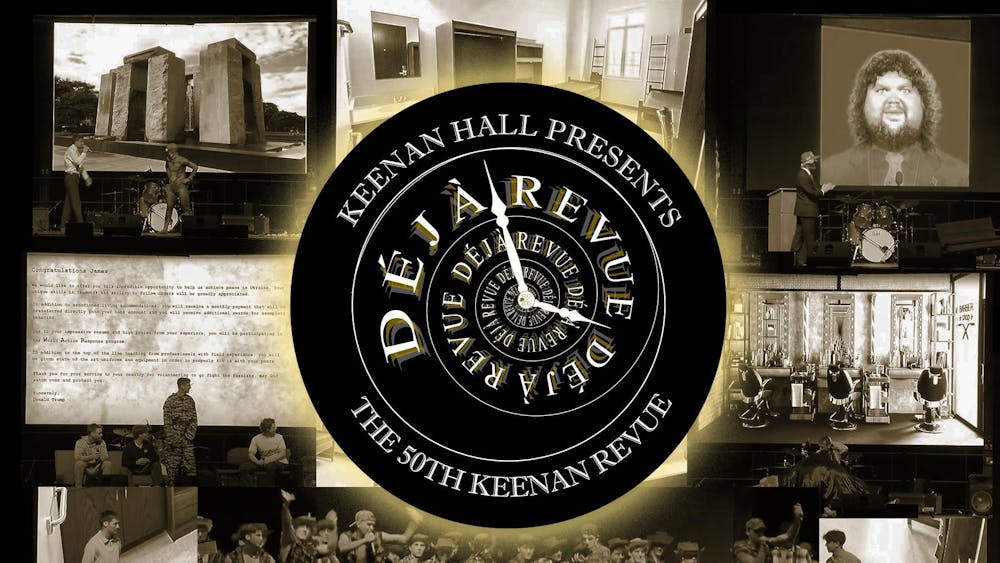 Marissa Panethi
Marissa Panethi
Who lives, who dies, who tells the stories.
There’s an old saying in the comic book industry: “The only characters who stay dead in comic books are Uncle Ben, Bucky and Jason Todd.” Who coined it is debated — I’ve often seen it attributed to longtime “X-Men” writer Chris Claremont — but the sentiment remains consistent.Uncle Ben is Spider-Man’s uncle, whose death sparked the superhero’s career. Bucky is the wartime sidekick of Captain America who heroically sacrificed himself to stop a bombing by the Nazi villain Baron Zemo. Lastly, Jason Todd was Batman’s second Robin, whose death in the story-arc “A Death in the Family” marked a turn in mainstream comics towards darker, more serious storylines. A fourth, less remembered member of the “staying dead” club is Spider-Man’s first love Gwen Stacy, who died in a battle with the Green Goblin. For years, this saying existed as a jab at the comic industry, who frequently killed and brought back iconic heroes for a quick boost in sales. Cynical nature aside, the joke was accurate. Until it stopped being so.
Bring it back now, y’all
In 2005, the mysterious villain The Winter Soldier was revealed to be Cap’s loyal friend Bucky. That same year the new “Batman” villain Red Hood was unmasked as a resurrected Jason Todd. Spider-Man’s Uncle Ben hasn’t come back from the dead — yet — but his first love Gwen Stacy has, multiple times. These characters were all famous for “staying dead,” and being immune to the cycle of reboots and resurrections. Then, they got brought back for a bold twist in a storyline. Writers did not bring back Jason Todd or Bucky Barnes to develop these characters beyond “just” being dead. They brought them back to serve as plot devices, challenging their heroes with their past failures.Now it seems that trend might be coming to comic book movies as well. In the last week, the online rumor mill started speculating on the future of Marvel Studios. One rumor in particular came up repeatedly, stating Marvel was hoping to bring back retired characters with their original actors. Specifically, Marvel hopes to bring back Scarlett Johansson as Black Widow and Robert Downey Jr. as Iron Man. The only issue is both characters died in 2019s “Avengers: Endgame.“ Are comic book movies adopting their inspiration’s most infamous trend?
The argument against resurrection
Publishers often push the death of beloved characters as must-see events that cannot be missed. Then, typically within half a year, the character is back as if nothing ever happened. Earlier this year, Marvel Comics’ current Ms. Marvel, the teenager Kamala Khan, died in an issue of “The Amazing Spider-Man.” Before the chapter with her death was even released, Marvel had already announced a special publication commemorating her death. Comic book deaths are no longer a twist or shocking reveal to raise stakes. They are now a marketing tactic.When readers see a comic book hero die, they’ve been conditioned to expect a return not long after. The aforementioned “Death of Ms. Marvel” had a brief epilogue explicitly stating that she would soon be resurrected. This trend goes back to 1993, where the iconic storyline “The Death of Superman” was followed ten months later by “The Return of Superman.” Since then, many characters have died and come back soon after. Every single character to take the Robin mantle has died and subsequently been brought back to life. The question has stopped being “will they return?” but rather “when?”
Death is supposed to mean something. Constantly bringing dead characters back just cheapens death’s effect. If Marvel Studios brings back Iron Man and Black Widow — the most significant deaths in any of their films so far — there is no guarantee that the film audiences will not develop the same apathy, ennui and disinterest in the fate of characters that the comic readers have developed over many years. Let dead characters stay dead. Maybe then the stories will still feel like they mean something.








